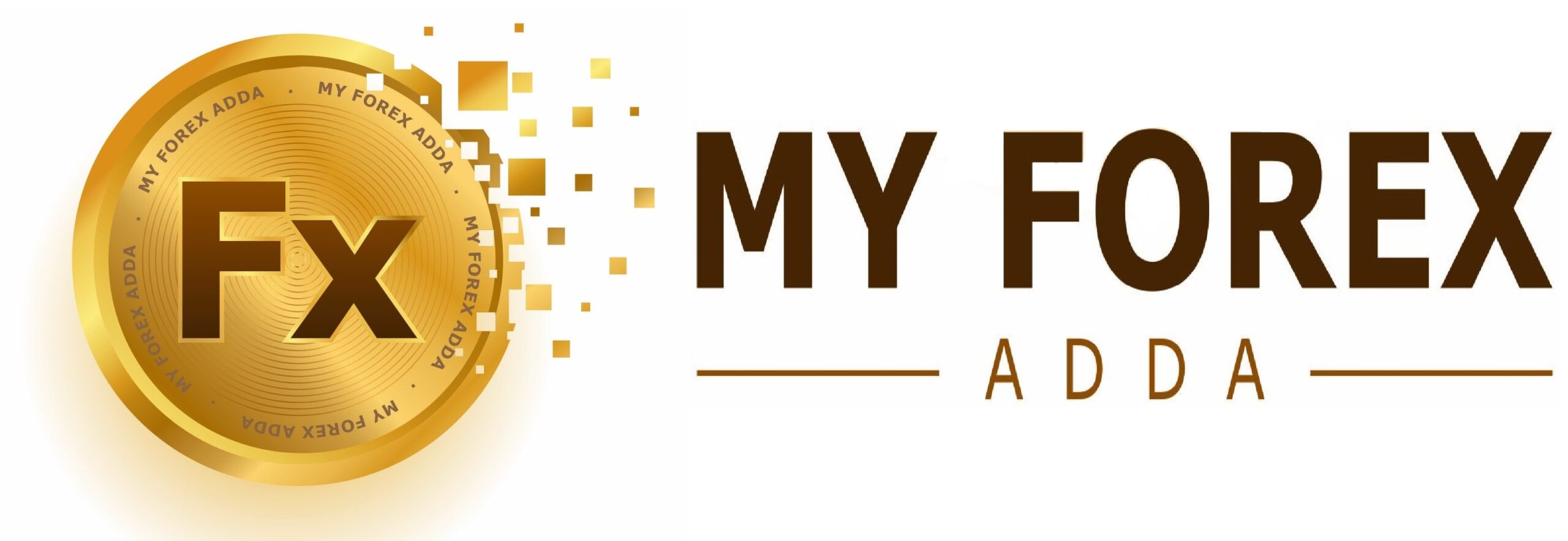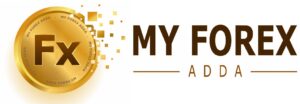The outlook for Europe in the coming year appears bleak, with its financial markets already suffering from concerns over U.S. tariffs and political instability in France and Germany. However, some investors are seeing this as a moment of peak pessimism and are searching for opportunities amidst the gloom.
According to MSCI data, European stocks are poised to underperform the U.S. by the largest margin in at least 25 years, while the euro has dropped over 5% against the dollar, with some analysts predicting it could fall below $1 amid continued negative news.
Despite this, as Europe’s markets become more affordable, investors are increasingly eyeing potential bargains, arguing that the assets are now priced for further disappointment but could see significant gains if the geopolitical and economic situation improves.
“We believe Europe could offer a positive surprise for those underexposed,” said Caroline Gauthier, co-head of equities at Edmond de Rothschild. “We are nearing a peak in negativity, which is a good sign.”
While a broad MSCI index of continental European stocks has risen 4.6% this year, a comparable U.S. index surged 29% as artificial intelligence drove massive gains for tech giants on Wall Street.
“Valuations in Europe are now much more attractive,” said Sonja Laud, CIO of Legal & General Investment Management, the U.K.’s largest asset manager.
Though Legal & General, which manages $1.5 trillion in assets, is not yet broadly increasing exposure to Europe, Laud noted growing interest in sectors like automakers and luxury goods, which could benefit if China’s economic slowdown eases and U.S. tariffs are less severe than anticipated.The euro zone’s productivity remains weak, with the European Central Bank revising its growth forecasts downward on Thursday and implementing its fourth rate cut of the year. At the same time, cautious households are holding onto their savings.
However, in a sign that traders view market pricing as extreme, German stocks have begun to rise. The DAX index is up 4% so far in December, on track for its best month since March.
Amundi, Europe’s largest asset manager, predicts strong gains for the euro next year, while other major European investors are showing increased interest in undervalued French stocks.
Germany is expected to hold snap elections in February after the collapse of Olaf Scholz’s coalition government. While leading contender Friedrich Merz supports stimulus spending, achieving this would require significant cross-party unity.
“We’re trying to capitalize on the pessimism in Europe,” said Kevin Thozet, an investment committee member at Carmignac, a European asset manager. He added that he is building positions in European multinational companies that have similar businesses to their U.S. counterparts but trade at lower valuations.
Despite the euro zone’s ongoing economic struggles, Citi’s economic surprise index for the region remains below zero, indicating that data is consistently missing expectations. However, the index has stopped its sharp decline, suggesting that the impact of negative data shocks on markets has lessened.
“Bearish positioning in Europe has reached extreme levels,” said Citi strategists on December 10, recommending clients buy into the region, as monetary and government stimulus would likely benefit cyclical sectors such as manufacturing and travel.Columbia Threadneedle’s Chief European Economist, Steven Bell, acknowledged that European assets are cheap “for good reasons,” citing the region’s ongoing economic challenges. However, he mentioned that the asset manager is exploring opportunities in undervalued French stocks, which could see a rebound if the country’s budgetary pressures ease.
WALL STREET BUBBLE?
Bank of America strategist Michael Hartnett noted in a client memo that potential U.S. tariffs are likely to drive U.S. inflation and interest rates higher by the spring of 2025, prompting a surge of investment into “cheap” international alternatives to U.S. stocks.
U.S. equity markets are heavily reliant on the performance of large tech stocks, whose exceptional gains have led to record levels of concentration risk, as fewer stocks dominate the market, according to data from investment group Simcorp.
Hartnett anticipates a “major correction” in U.S. stocks in the first half of 2025 and expects European companies to attract more investment as a result.
($1 = 0.7920 pounds)





